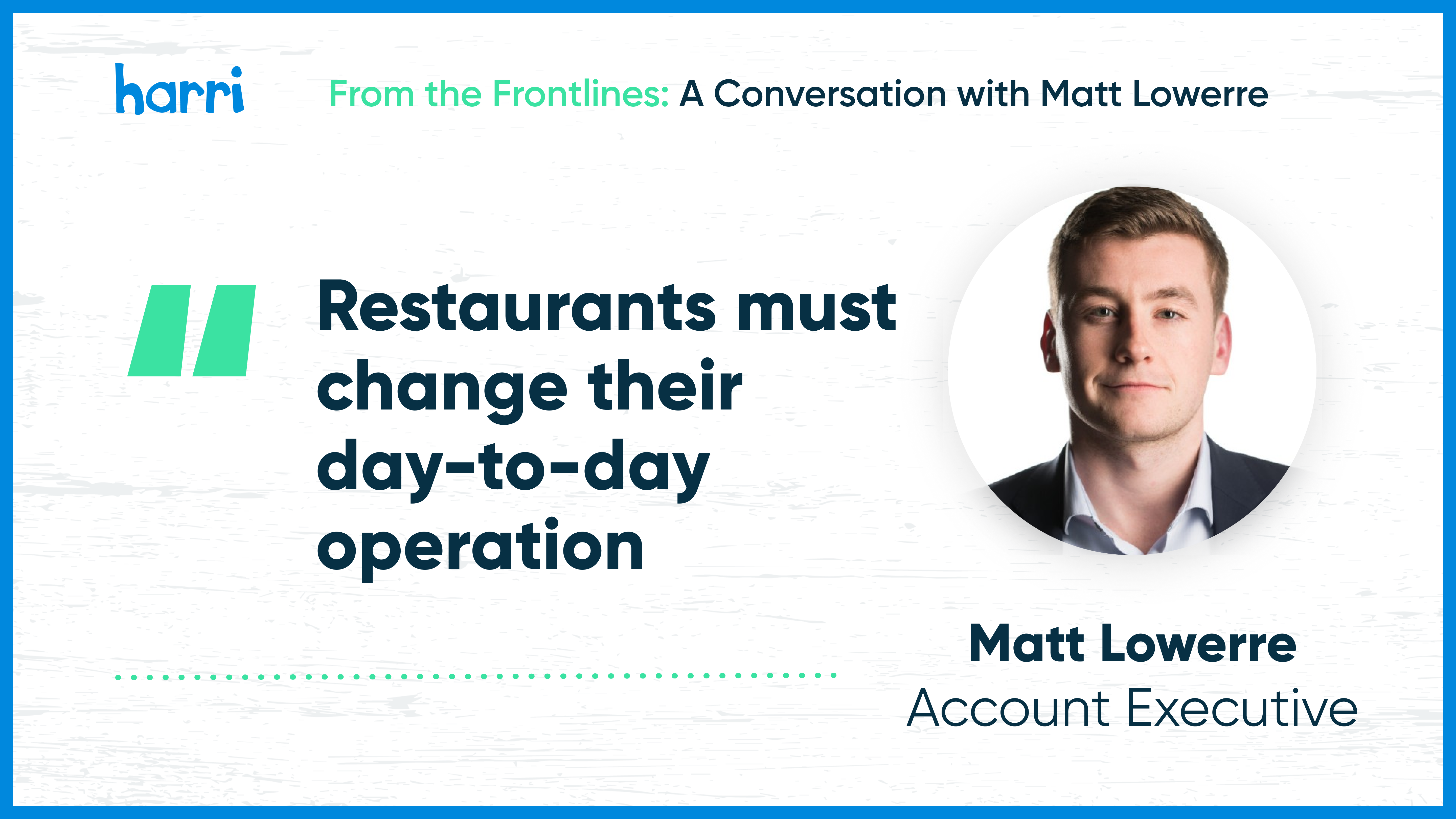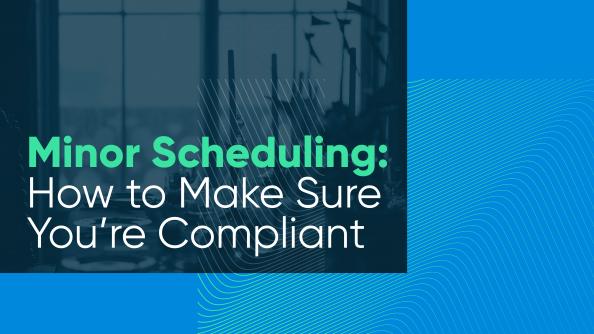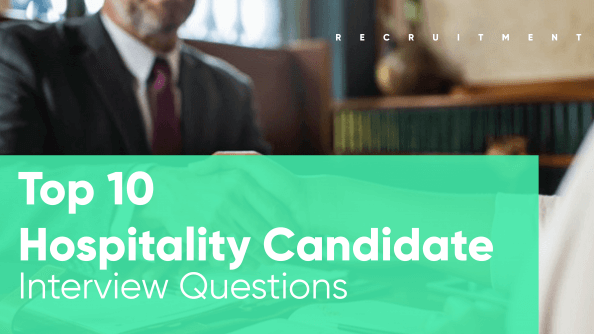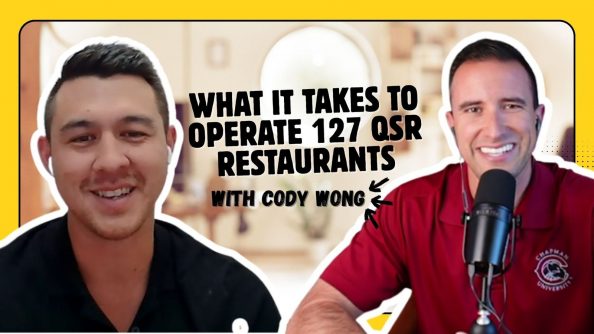From the Frontlines: A Conversation with Matt Lowerre

- By Harri Insider Team | June 23, 2020
In this series, Harri is highlighting members of our team who are up to big things and have big insights. This week we have Matt Lowerre, an Account Executive at Harri, discussing the trends he is seeing in the restaurant industry regarding COVID safety. As restaurants struggle to reopen and maintain health and safety standards, here are some ideas and procedures to keep an eye on.
Q: So Matt, having worked with big brands like Jersey Mike’s in the QSR world, tell us what you see as the biggest challenges facing restaurants as COVID-19 progresses and reopenings commence.
A: Restaurants will be coming back online with a laundry list of items they must change to their day-to-day operation. Mainly, restaurants will be challenged to compete in an environment where it is now the norm to have completely contactless transactions, lower occupancy to facilitate social distancing, and an overall experience that makes their guests feel abundantly safe.
Q: In regards to guest COVID safety, what are some of the trends and procedures that you’ve been seeing?
A: Groups will have to completely change their labor model through a series of trial and error since there is no blueprint to navigate this new environment. Some groups are talking about having specific timeframes that guests are required to eat within (i.e. one hour limit for dinner) to maximize sales with lower occupancy percentages. Others are thinking that traditional lunch and dinner “peak times” will change to a consistent stream of foot traffic throughout the day as more folks aim to stay away from busier restaurants. There’s no single right way to handle COVID safety for restaurant guests and employees.
Q: What do you consider to be the biggest pros and cons of putting a time limit on restaurant service?
A: Well, for starters, businesses will be able to operate at similar levels of sales which is huge. Many restaurants haven’t seen stable sales in months, so to have the opportunity to be consistent again would be ideal. With the consistency in customers, it would be easier to fill staffing needs and operate on a 9-5 type schedule rather than being on call. People need stability right now. On the flip side, customers may not appreciate feeling rushed. For the last few months, people have been stuck inside, so something like sitting in a restaurant for a few hours is a bigger deal than it used to be. It’s a give and take, but could be very effective in customer COVID safety and business sales.
Q: How do you see the General Manager position changing as a result of these challenges?
A: The General Manager position may have just become the hardest job in the world. In addition to the many fires they have to put out every day, they now have to make sure all of their employees are wearing masks, gloves, and ensuring that they remain in compliance with all COVID safety and social distancing protocols. From a labor perspective, this will demand consistent, ongoing training between GMs and employees to ensure constant compliance. Experience in hospitality has taken on a whole new level of importance as employers will look for someone well versed in successfully leading other employees in past roles.
Q: Since the General Manager position is becoming more difficult, how do Harri’s solutions work to make finding the right for the job candidate easier?
A: When you think about the impact from a labor perspective, finding the right GM for your team means something very different now. Do you hire someone who has a background in health and safety protocols? Does it matter? The challenge then becomes finding a candidate who fits your company’s specific wants and needs for this position, and that is where our software comes in. Harri’s job search narrows down the candidate pool to attract a very specific candidate. You are able to indicate the kind of background, education, and experience you want for this role. You also need a system that measures how a forced decrease in occupancy and sales will affect staffing. Being able to measure your control levels is crucial right now.




















